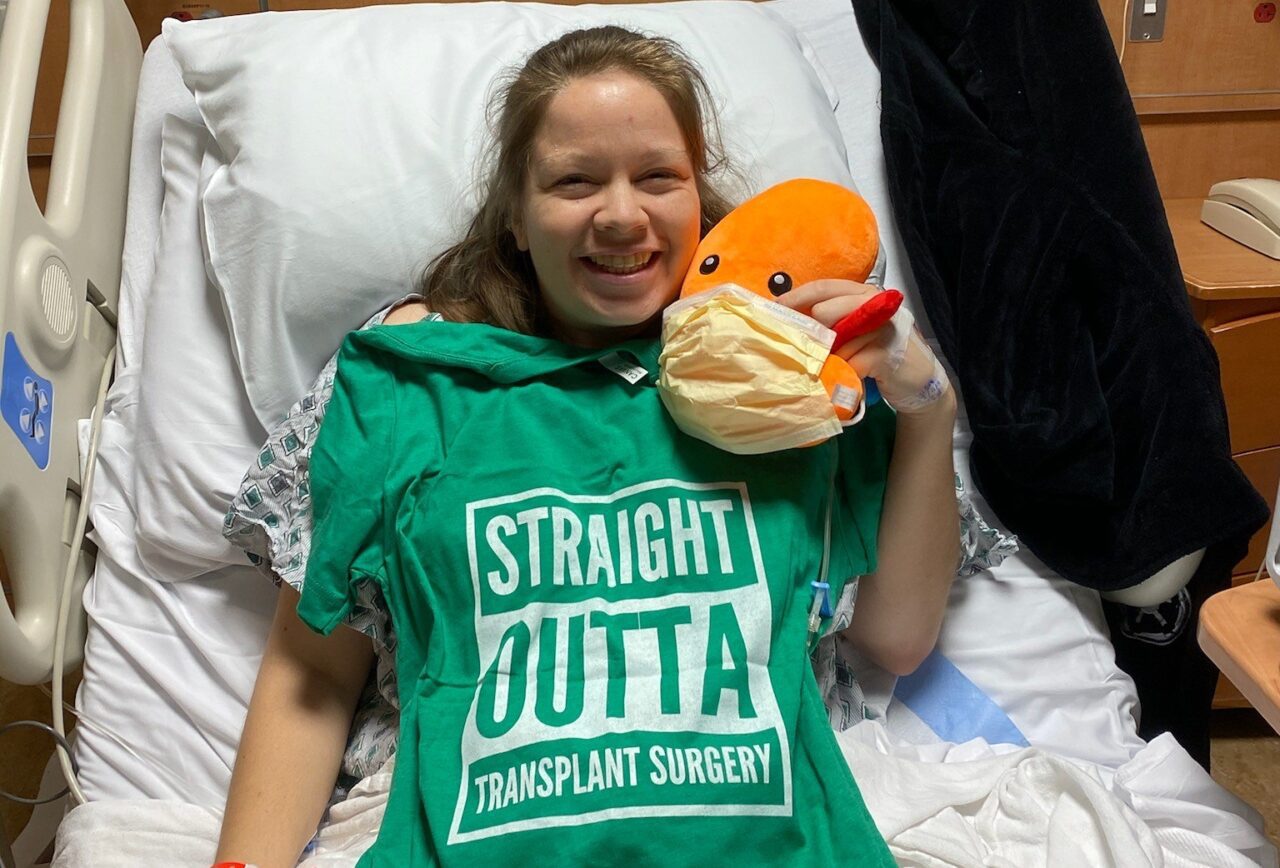Virginia receives 'C' ranking for protections offered to living organ donors – Virginia Mercury

The American Kidney Fund gave Virginia a “C” ranking this year for its available protections for living organ donors, a valuable source of transplants as Virginia — like many states — struggles to match supply with demand. However, legislation that’s awaiting Gov. Glenn Youngkin’s signature could improve Virginia’s grade in the future.
According to the report, the state has currently codified two of seven legal protections for donors, including tax deductions for out-of-pocket expenses associated with the procedure and up to 30 days of paid leave for state employees. But Virginia has yet to pass other policies that transplant organizations say are important for encouraging donation, including mandatory paid leave from private employers.
“Most people whose kidneys fail really want a transplant and only about one in five end up getting one in any given year,” said Holly Bode, vice president of government affairs at the American Kidney Fund. While deceased donations increased nationwide last year, there are still close to 2,600 Virginians on the waitlist for an organ, according to the organization — a life-or-death wait for many patients.
Experts say living donors are a key way to boost the overall supply and improve transplant outcomes. Organs from living donors are generally healthier and begin to function immediately, reducing the risk of patients needing dialysis — a treatment for failing kidneys — after the transplant. Surgeries can also be scheduled in advance, sometimes allowing recipients to avoid or shorten the time they spend in dialysis, which increases outcomes.
Despite the benefits, there are multiple barriers that prevent people from becoming living donors. Misconceptions and fear — particularly among minority communities historically mistreated by the medical system — are one reason. But financial concerns are another serious obstacle, with many patients worried about facing time off work and both short- and long-term health costs. Last year, only 170 living donations took place across Virginia, according to the American Kidney Fund.
“I think if we could take away the stigma and the scariness and the financial constraints from people who are willing to do this, we could reduce the number of people who die every day waiting for kidneys,” said Kat Velkoff, a Chantilly resident who donated one of her kidneys to another Virginian last year.
As a living donor, she got a firsthand look at some of those barriers when a social worker advised her to purchase life insurance before the transplant took place. “In one of our first conversations, she said, ‘You really should think about getting life insurance because after you donate it’s going to get a lot harder and a lot more expensive,’” Velkoff said.
At the time, there was no law in Virginia that prohibited companies from refusing to offer living donors life, disability or long-term care coverage, or preventing insurers from raising costs and deductibles for those policies. Rather than purchasing life insurance at 31, Velkoff decided to advocate for a change in state code.
This year, the Virginia General Assembly passed legislation from Sen. Adam Ebbin, D-Alexandria, and Del. Karrie Delaney, D-Fairfax, that prohibits insurance companies from discriminating against living organ donors. The measure is still awaiting a signature from Gov. Glenn Youngkin, and legislators conformed the two bills in committee, removing a section of Ebbin’s original legislation that would have required private employers to offer unpaid leave to organ and bone marrow donors.
If the measure had been fully codified at the time the American Kidney Fund released its 2022 report, Virginia would have received a “B,” according to Bode. Still, lawmakers considered it a victory for organ donors.
“There are so many people who are on the waiting list in Virginia, just hoping that someone will be a match,” Delaney said. “And I think when someone is compelled and called to give something that significant of themselves, making it easier for them to make that decision is a really incredible thing.”






